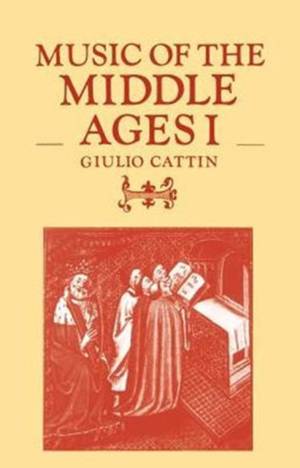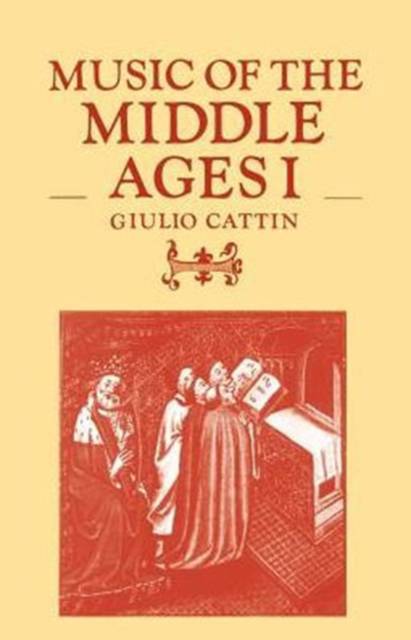
- Afhalen na 1 uur in een winkel met voorraad
- In januari gratis thuislevering in België
- Ruim aanbod met 7 miljoen producten
- Afhalen na 1 uur in een winkel met voorraad
- In januari gratis thuislevering in België
- Ruim aanbod met 7 miljoen producten
Omschrijving
Giulio Cattin outlines the birth and evolution of Christian chant in the early centuries of the Church and describes a number of partly independent Byzantine and Western chant traditions.
Fr Cattin's own background in the Church gives a particular authority to his writing on liturgical music, and he presents the latest original research without being too technical. In addition to offshoots of the main liturgical tradition such as tropes, metrical offices and liturgical drama, Fr Cattin covers the birth of secular music, first in Latin monody, and then in a growing variety of music in vernacular languages -- the Italian laude, and the lyrics of the Provencal troubadours, the French trouveres and the German Minnesinger. Chapters on early instrumental music and on the philosopher's view of the ars musica complete the book.
Specificaties
Betrokkenen
- Auteur(s):
- Vertaler(s):
- Uitgeverij:
Inhoud
- Aantal bladzijden:
- 256
- Taal:
- Engels
Eigenschappen
- Productcode (EAN):
- 9780521284899
- Verschijningsdatum:
- 6/12/1984
- Uitvoering:
- Paperback
- Formaat:
- Trade paperback (VS)
- Afmetingen:
- 135 mm x 213 mm
- Gewicht:
- 267 g

Alleen bij Standaard Boekhandel
Beoordelingen
We publiceren alleen reviews die voldoen aan de voorwaarden voor reviews. Bekijk onze voorwaarden voor reviews.









